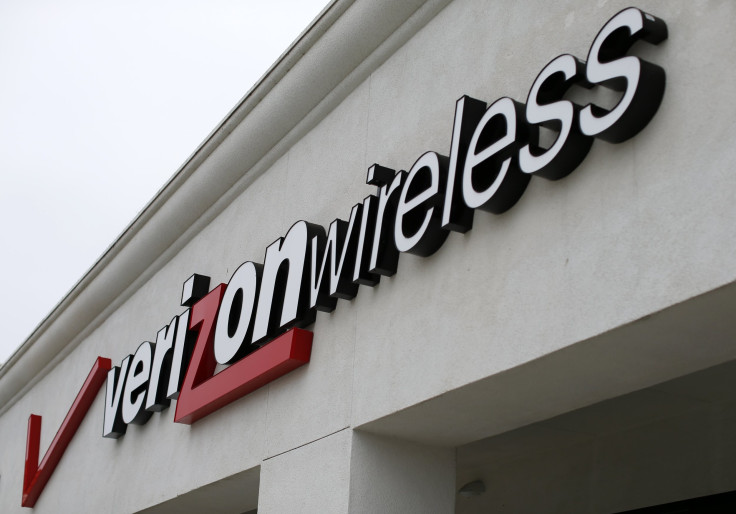Verizon Throttling: 4G LTE 'Network Optimization' Questioned By FCC

Verizon Wireless enraged a number of consumers after its announced its plans to expand throttling, or slowing down mobile data, to its 4G LTE customers. In doing so, it also caught the eye of the U.S. Federal Communications Commission, who wasn’t too pleased with the announcement.
According to a report by Mashable on Wednesday, FCC chairman Tom Wheeler wrote a letter to Verizon Wireless CEO and president, Daniel Mead, criticizing the company’s intentions to throttle the top five percent of its users subscribed to unlimited data plans.
“I am deeply troubled by your July 25, 2014 announcement that Verizon Wireless intends to slow down some customers’ data speeds on your 4G LTE network starting in October 2014,” Wheeler wrote in the letter to Mead.
Wheeler went on further to scold Verizon for its announcement, insinuating that it was implementing its “network optimization” throttling policy for profit related reasons.
“’Reasonable network management’ concerns the technical management of your network; it is not a loophole designed to enhance your revenue streams,” Wheeler added.
Wheeler has stepped up efforts in recent weeks to curtail Internet service provider throttling behavior amid ongoing battles between ISPs and content providers such as Verizon’s (NYSE:VZ) and Netflix’s (NASDAQ:NFLX) feud.
On July 23, the FCC sent out a reminder to all ISPs to be “truthful” about the various services they provide to their customers, including the speeds they advertise, services offered and prices. This latest letter sent out by Wheeler continues to echo those sentiments.
“The Commission has defined a network management practice to be reasonable ‘if it is appropriate and tailored to achieving a legitimate network management purpose, taking into account the particular network architecture and technology of the broadband Internet access service,’” Wheeler wrote. “I know of no past Commission statement that would treat as ‘reasonable network management’ a decision to slow traffic to a user who has paid, after all, for ‘unlimited’ service.”
Following the voicing of his concerns, Wheeler then posed several questions to Mead about the rationale behind Verizon’s throttling policy:
“1. What is your rationale for treating customers differently based on the type of data plan to which they subscribe, rather than network architecture or technological factors? In particular, please explain your statement that, ‘If you're on an unlimited data plan and are concerned that you are in the top 5% of data users, you can switch to a usage-based data plan as customers on usage-based plans are not impacted.’
2. Why is Verizon Wireless extending speed reductions from its 3G network to its much more efficient 4G LTE network?
3. How does Verizon Wireless justify this policy consistent with its continuing obligations under the 700 MHz C Block open platform rules, under which Verizon Wireless may not deny, limit, or restrict the ability of end users to download and utilize applications of their choosing on the C Block networks; how can this conduct be justified under the Commission’s 2010 Open Internet rules, including the transparency rule that remains in effect?”
Wheeler’s strong letter comes as carriers such as Verizon have continued to attempt to nudge their customers off grandfathered unlimited data plans in favor of metered plans, which are more profitable.
Verizon Wireless had this to say about the FCC's letter in an emailed statement to International Business Times:
"We will officially respond to the Chairman's letter once we have received and reviewed it. However, what we announced last week was a highly targeted and very limited network optimization effort, only targeting cell cites experiencing high demand. The purpose is to ensure there is capacity for everyone in those limited circumstances, and that high users don't limit capacity for others."
© Copyright IBTimes 2024. All rights reserved.












